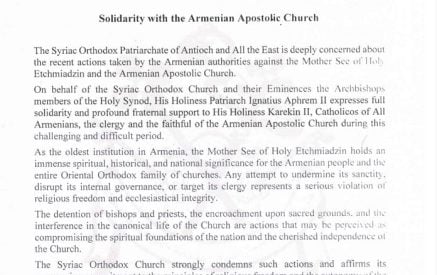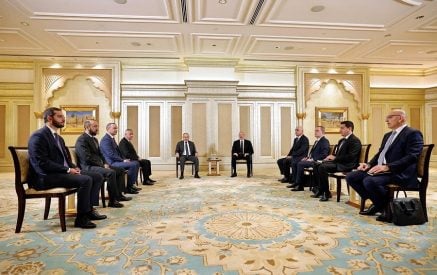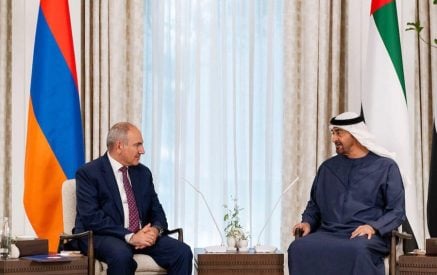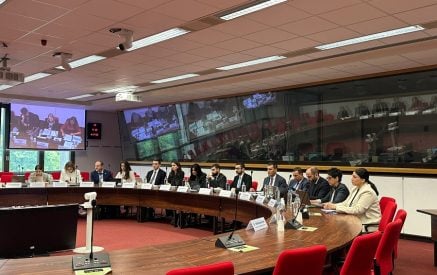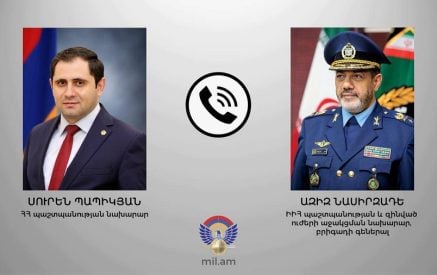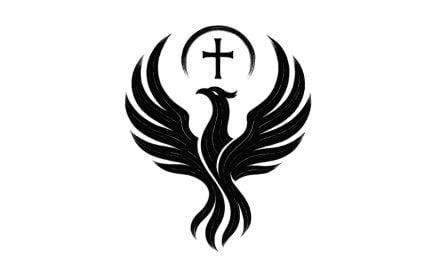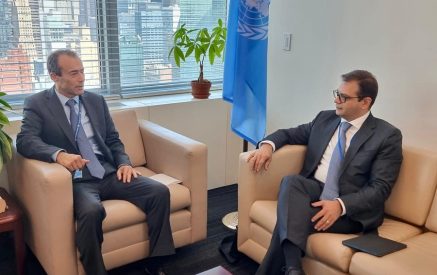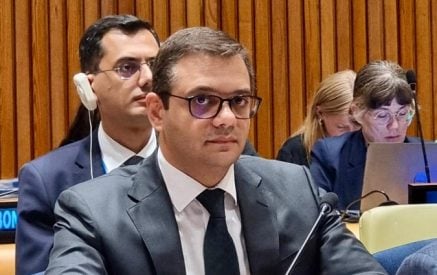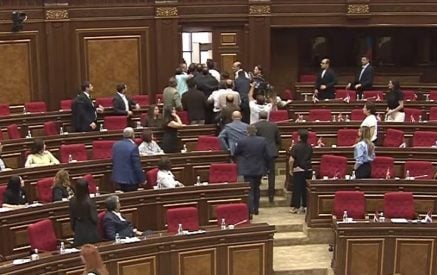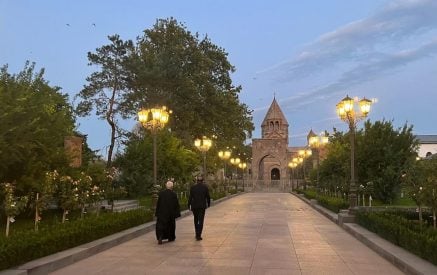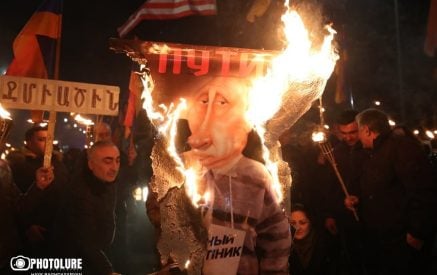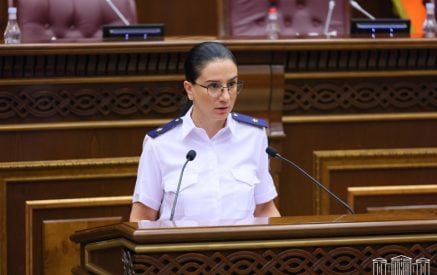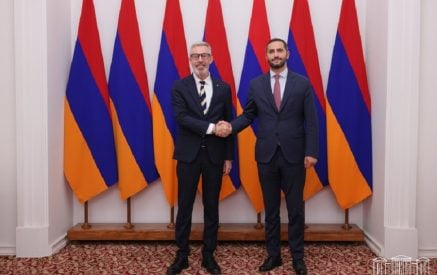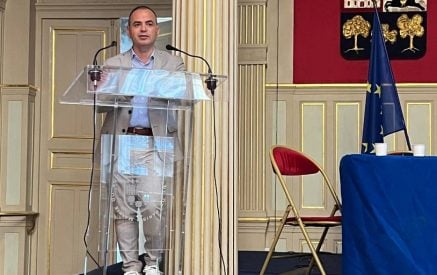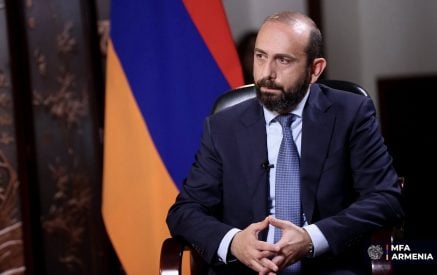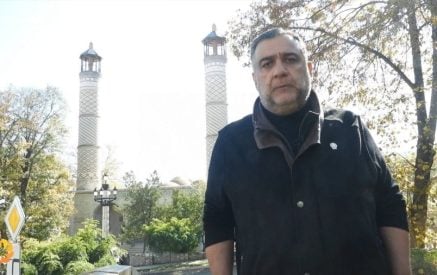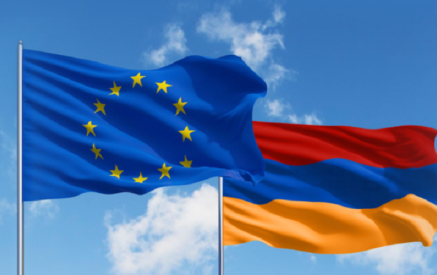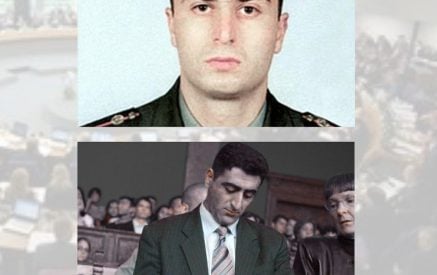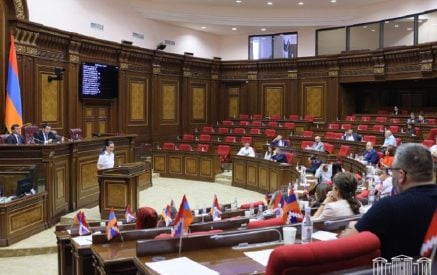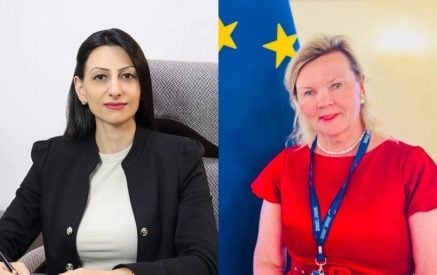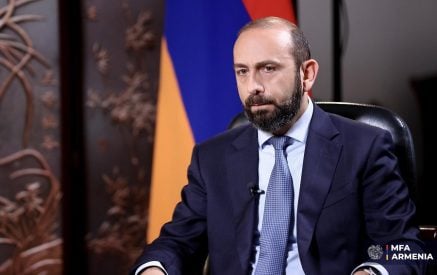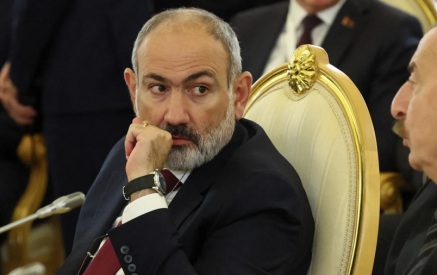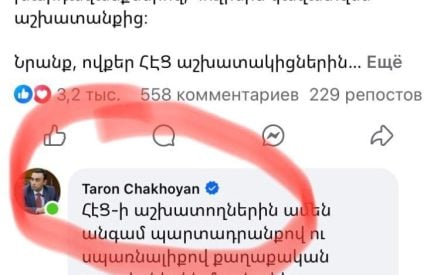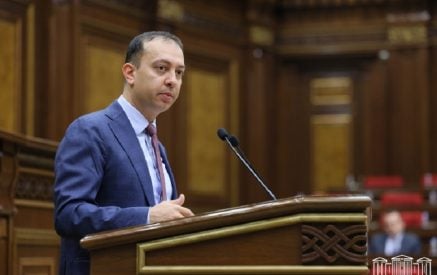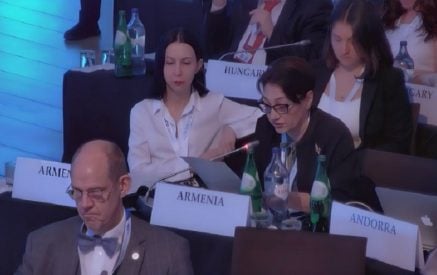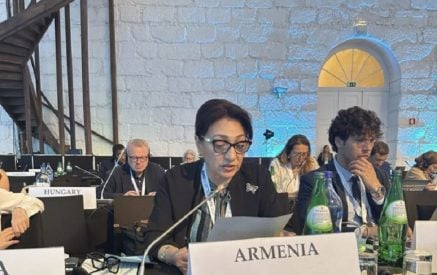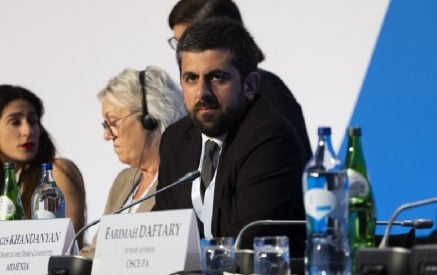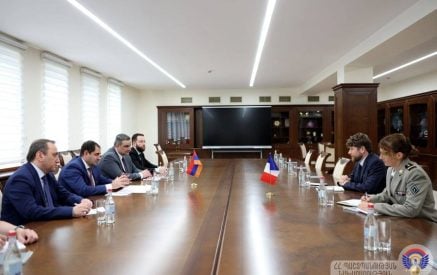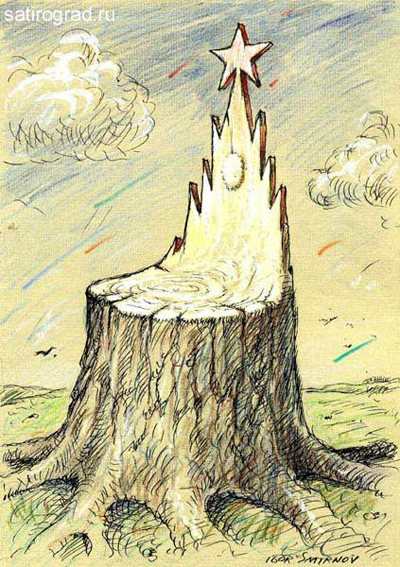The official should not decide who is driving a wedge and who is not
Over the last 5 years, I was preparing numerous programs over H1 channel about famous Russian composers Tchaikovsky, Rimsky-Korsakov, Rachmaninoff, Prokofiev, and Stravinsky. I am devoting 4-5 telecasts for each composer. Some of them are found on the Internet if you search on the youtube “Aram Abrahamyan. Parakanon” words. With these telecasts, I think, I have invested my modest contribution to the Armenian-Russian friendship. I hope that with my work I would be able to further express my respect and gratitude to Russia, the Russian people giving birth geniuses, and its wonderful culture. Now, if I do not like Putin’s policy in Ukraine, or if I am against Armenia’s accession to the Customs Union, then does this mean that I am driving a wedge into the friendship between the two peoples? According to some Russian officials, it turns out that, yes, I do. In other words, if you want to be a friend of Russia, then you must admire the policy, which is currently adopted by the authorities of this country. And if, let’s say, 10 years later another leader comes to power in Russia and starts criticizing this course, should be admire that criticism, and falter, so to speak, along with the party line?
Why should the official decide how to make a friendship with this-or-that country? What drives a wedge, and what does not into our relationships? And maybe vice versa, the position of the foreign country’s “official” drives the wedge. Exactly the same way, local authorities must not decide whether my activities are “patriotic” or not. If I am acting within the law, the rest is up to me to decide.
Turning to Russia, I must say that the culture of this country is not restricted by the phenomena that are licensed by Benkendorf 3rd Division, tsar’s “secret political police”, “KGB” or, let’s say, Medinsky department. Very often it is the opposite. This culture (in the broad sense of the word) was created in spite of such institutions. As a proof of it, I would like to quote the first half of the 19th century Russian philosopher, Pushkin’s friend, Pyotr Chaadaev’s “Philosophical Letters” work, which was published in 1829-1931. “Fundamentally, we Russians have nothing in common with Homer, the Greeks, the Romans, and the Germans; all that is completely foreign to us … But what to do. We have to speak in the European language. Our foreign civilization has pushed us into Europe, and we, without having the latter’s ideas, do not have a different language than the language of the same Europe. If the negligible quantity of mental abilities, memories, and traditions fixed among us, if generally anything from our past does not unite us with any nation of the world, if we really do not belong to any moral system of the universe, then it is all the same, we are associated with the western world by social standards,” writes Pyotr Chaadaev, a former army officer, who was bravely fought for his homeland during the War of 1812. With this letter, Chaadaev apparently “drives a wedge” in Russian-European relations. Perhaps that is why the official campaign had declared him insane. If he were a blogger today, his website would be blocked.
Read also
ARAM ABRAHAMYAN


